Cinema is one of the best possible media to depict compelling stories about real-life people. This is why, for decades, the biopic has been one of the most popular, enduring, and reliable genres around the world. It’s hard to condense the essence of a person and their life into around two hours of runtime, but some of the most talented directors in history — from Steven Spielberg to David Lynch — have done a magnificent job at that.
Of course, many biopics are happy, triumphant, crowd-pleasing tales of people who changed the world. However, other movie subjects haven’t had such joyful lives. These are stories that make for the most depressing biopics ever made, from heartbreaking tales of physical anguish like The Elephant Man to harrowing war stories that are hard to believe, like The Pianist.
10 ‘Into the Wild’ (2007)
Directed by Sean Penn
He may be best known for his acting work, but it’s worth remembering that Oscar-winner Sean Penn has also worked behind the camera on occasion. The best of such occasions is easily Into the Wild, a coming-of-age road trip movie about student and athlete Christopher McCandless. After graduating, he abandons his possessions, gives all his savings away to charity and hitchhikes to Alaska to live in the wilderness.
The themes of escape and self-reinvention are as thought-provoking as they are poignant.
With a stunning lead performance by Emile Hirsch and a nuanced script that captures every dimension — the good and the bad — of McAndless’s decision to go live among nature, Into the Wild is a film as beautiful as it is heartbreaking. Throughout the whole thing, the themes of escape and self-reinvention are as thought-provoking as they are poignant, and the result couldn’t possibly be more emotionally affecting.
9 ‘The Diving Bell and the Butterfly’ (2007)
Directed by Julian Schnabel
The French-American co-production The Diving Bell and the Butterfly is perhaps one of the best French movies of all time, as well as one of the saddest. It’s the story of Elle editor Jean-Dominique Bauby, who has to live with an almost entirely paralyzed body after suffering a stroke. The only part of his body that doesn’t get frozen is his left eye.
The movie draws much of its strength from the tour-de-force performance by the criminally underrated Mathieu Amalric, but that’s hardly all there is to it. It manages to balance sweetness and tenderness with poignancy and tragedy beautifully, displaying the biggest narrative strengths of Julian Schnabel as a director. It’s films like this, ones that are undeniably sad but ultimately hopeful and life-affirming, that truly stick in one’s mind forever.
8 ‘The Sea Inside’ (2004)
Directed by Alejandro Amenábar
The film with the largest number of Goyas (the Spanish equivalent of the Oscars), with a whopping 14, The Sea Inside is worthy of every last one of them. It’s the tale of Ramón Sampedro, who fought a 28-year-long campaign in favor of euthanasia, chasing his right to die after an accident at sea left him tetraplegic. It sounds like an overly dramatic story on paper, but director Alejandro Amenábar expertly interweaved all of its emotional dimensions to craft a film that’s moving but never excessive.
There are plenty of biopics with great acting, but the genre hasn’t seen many performances better than Bardem’s in The Sea Inside. It’s an absolutely transformative tour-de-force that transports the story all the way to the finish line without the actor even having to move much. The visuals are gorgeous, and the narrative handles its controversial subject matter with love and sensitivity, resulting in a movie that’s very easy to fall in love with.
7 ‘Raging Bull’ (1980)
Directed by Martin Scorsese
Biopics about controversial people are hard to get right. Leave it to Martin Scorsese, who many would call the best filmmaker working today, to handle such a complicated theme like a pro. That’s how he made Raging Bull, one of his greatest masterpieces about the life of boxer Jake LaMotta. The story follows how his violent tendencies and bad temper led him to the top of the ring but destroyed his life outside of it.
Sporting one of the best performances of all time in Robert De Niro‘s chameleonic turn as LaMotta, as well as some of the most taut and hard-hitting directing in Scorsese’s career, Raging Bull is as full of pain and sadness as it is of tension and action. It’s searing to watch the trail of destruction that LaMotta leaves behind him, made even more powerful by the fact that Scorsese and screenwriters Paul Schrader and Mardik Martin manage to make viewers root for the fighter throughout.
6 ‘The Elephant Man’ (1980)
Directed by David Lynch
David Lynch is an arthouse darling best known for his revolutionary and utterly puzzling work on surrealistic cinema. However, head-scratching films aren’t all he’s done. In fact, his second-ever feature film was the straightforward but also absolutely gut-wrenching The Elephant Man. It’s about a Victorian surgeon who rescues a heavily disfigured man who’s mistreated while scraping a living as a sideshow freak. Called John Merrick, he hides a heart full of kindness and intelligence behind the façade that people find monstrous.
A terrific John Hurt, under some of the most impressive prosthetic makeup in movie history, gives Merrick a voice while Lynch pours his heart out for this heavily emotional story. The Elephant Man is an irresistible tear-jerker from beginning to end, holding no punches when it comes to breaking its audience’s heart. However, it treats its subject with admirable love and compassion, sending a powerful message that’s sure to resonate with viewers of all ages.
5 ‘Hotel Rwanda’ (2004)
Directed by Terry George
Starring Don Cheadle in what’s easily his best and only Oscar-nominated performance, Hotel Rwanda documents hotel owner Paul Rusesabagina‘s efforts to save his family and over a thousand refugees by housing them during their struggle against the Hutu militia in Rwanda. A potent tale of prejudice and the devastating effects of war, it’s unlikely to leave viewers’ minds for a long time after they witness it.
One of the most intense and devastating films based on true events, Hotel Rwanda is a celebration of fearless heroism in the face of violence, corruption, and genocide. Its execution may feel a little by the numbers for those looking for a more distinctive and explosive exploration of these horrible events, but audiences just looking for a great biopic that’ll leave them broken afterward can hardly do better than this.
4 ‘The Passion of Joan of Arc’ (1928)
Directed by Carl Theodor Dreyer
One of the best films of the 1920s, the French masterpiece The Passion of Joan of Arc is absolutely gut-wrenching. It’s a silent drama about the titular hero being put on trial under charges of heresy while the jurists try to get her to recant her claims of holy visions. The film boasts Maria Falconetti’s heart-obliterating portrayal, one of the finest pieces of acting ever put on celluloid.
It’s an aesthetically gorgeous piece of art at a time when cinema’s artistic capacities were just beginning to be discovered. The Passion of Joan of Arc tells a surprisingly tight and affecting story for a film entirely devoid of spoken dialogue, relying entirely on director Carl Theodor Dreyer‘s mystifying camera decisions, Falconetti’s hopeless gestures, and the supporting cast’s magnificent work.
3 ‘The Pianist’ (2002)
Directed by Roman Polanski
The Pianist is a 2-and-a-half-hour-long intimate portrait of Władysław Szpilman, one of Poland’s most celebrated musicians during the early half of the 20th century. The film follows him as he loses everything and faces the most horrible struggles imaginable during WWII, hiding in the ruins of Warsaw to survive Nazi persecution. It’s one of the most effective “war as hell” films ever, truly making the viewer feel all of Sziplman’s pain, hunger, and fear.
Adrien Brody became the youngest winner of the Best Actor Oscar (a record he still holds) for his soul-shattering, absolutely masterful performance as Szpilman. Anchored by his exceptional work, The Pianist is a character study so raw and horrifying that it’s hard to even muster a tear. It’s beautifully written and a technical masterwork, making it one of the best war movies of the 21st century.
2 ‘Schindler’s List’ (1993)
Directed by Steven Spielberg
He may be best known for his entertainment-focused work on some of the most fun blockbusters of all time, but let no one say that Steven Spielberg hasn’t also made some of the most emotionally affecting dramas of all time. His best work is arguably Schindler’s List, a retelling of the life and work of Oskar Schindler. During WWII, this controversial magnate leveraged his position to rescue as many Jews as he could when he started noticing the horrors of the Holocaust.
The movie is about as close as war films can come to perfection. It never shies away from the senseless horrors of this horrible period of human history but finds hope and life in even the most harrowing and death-filled moments. With Spielberg’s perfectly polished direction and Liam Neeson at the top of his game as Schindler, Schindler’s List is probably the most depressing WWII biopic ever made.
1 ’12 Years a Slave’ (2013)
Directed by Steve McQueen
Steve McQueen boasts a highly versatile and high-quality curriculum, but his best work remains the 2013 Best Picture Oscar-winning historical drama 12 Years a Slave. One of the best biopics of all time, it’s the story of Solomon Northup, a free Black man from upstate New York who was one day kidnapped and sold into slavery in the antebellum United States.
Based on Northup’s autobiography, McQueen’s masterpiece is cinema’s definitive examination and critique of life in slavery in the U.S. Chiwetel Ejiofor is flawless as Northup, and the rest of the cast — from an Oscar-winning Lupita Nyong’o to an Oscar-nominated Michael Fassbender — does just as exceptional a job. Relentlessly raw and brutal but with an uplifting ending that makes all the suffering during the rest of the runtime easier to digest and learn from, 12 Years a Slave is probably the most heartbreaking biopic of all time.

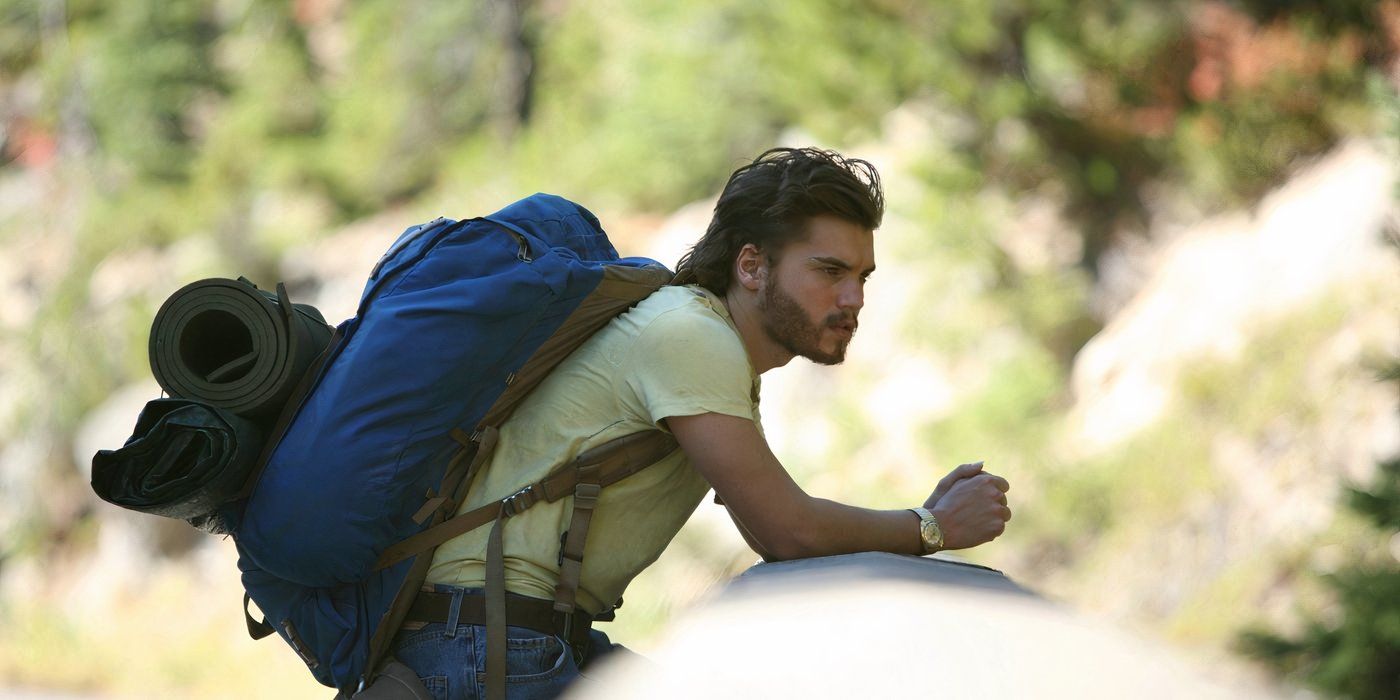
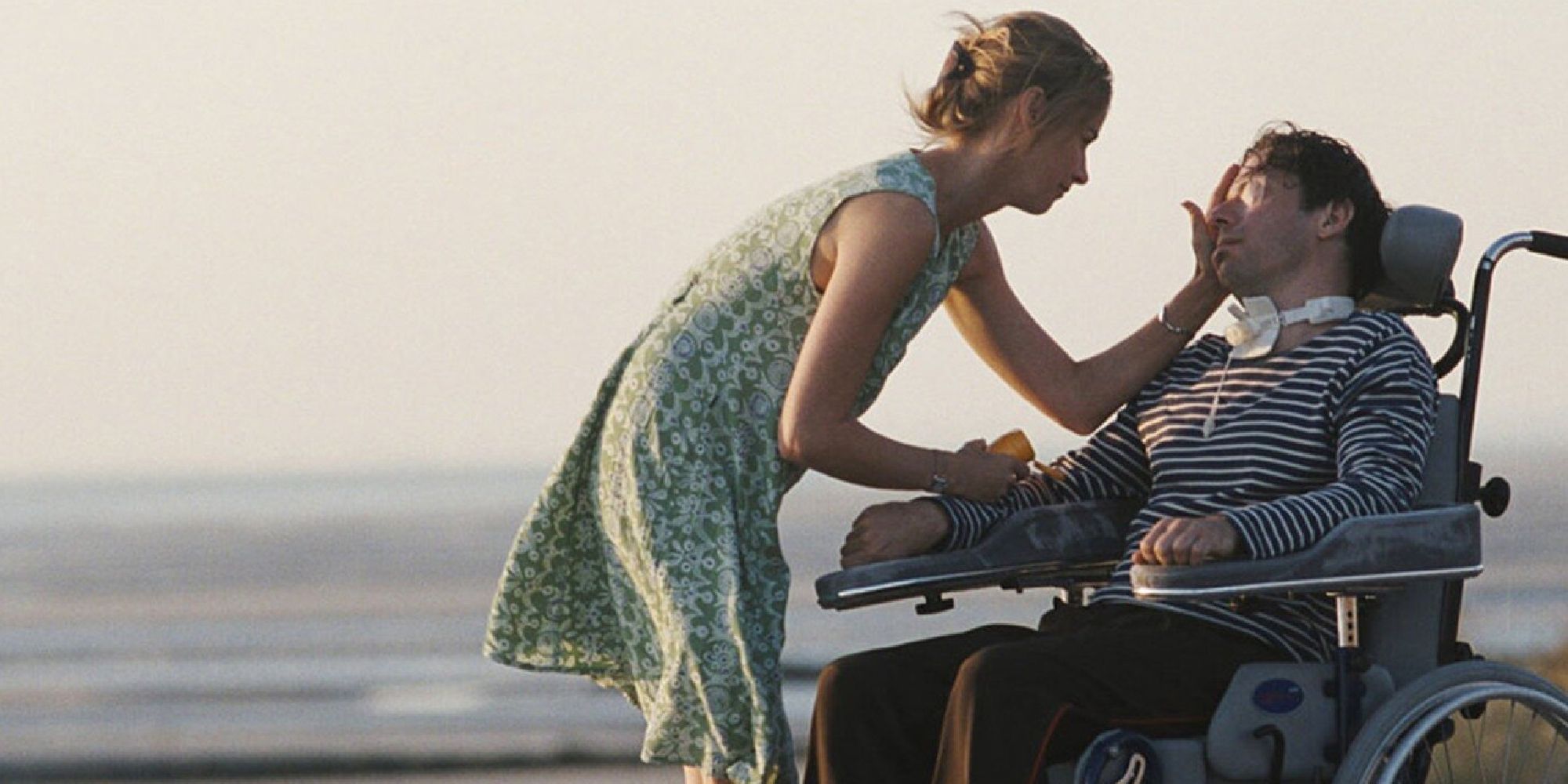
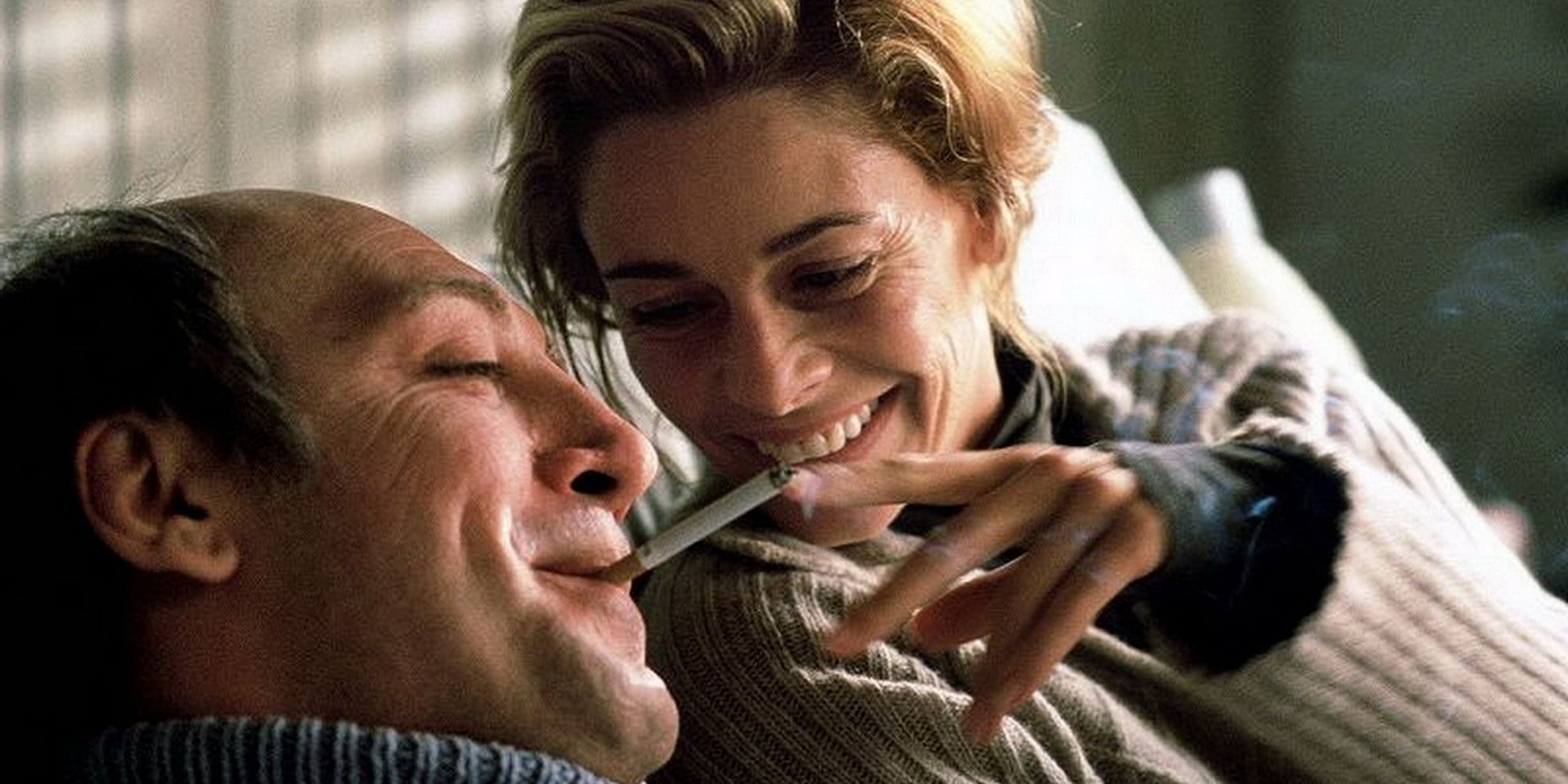
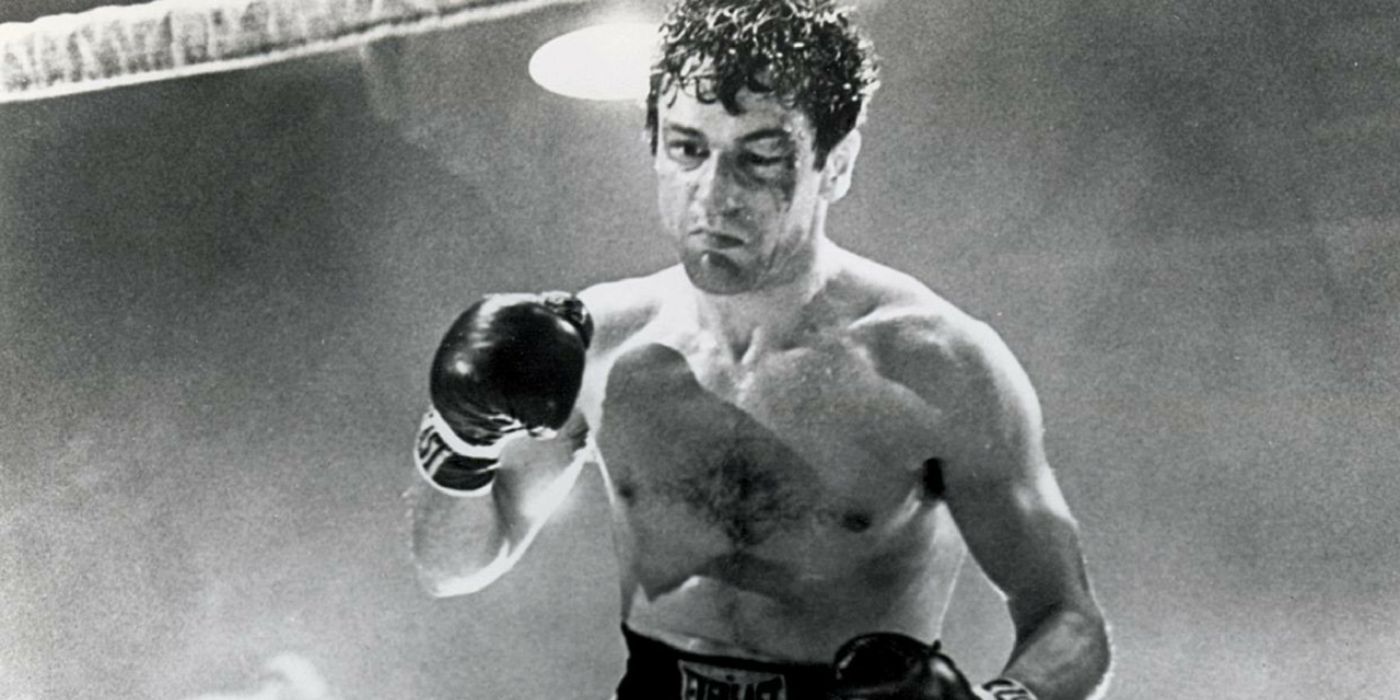
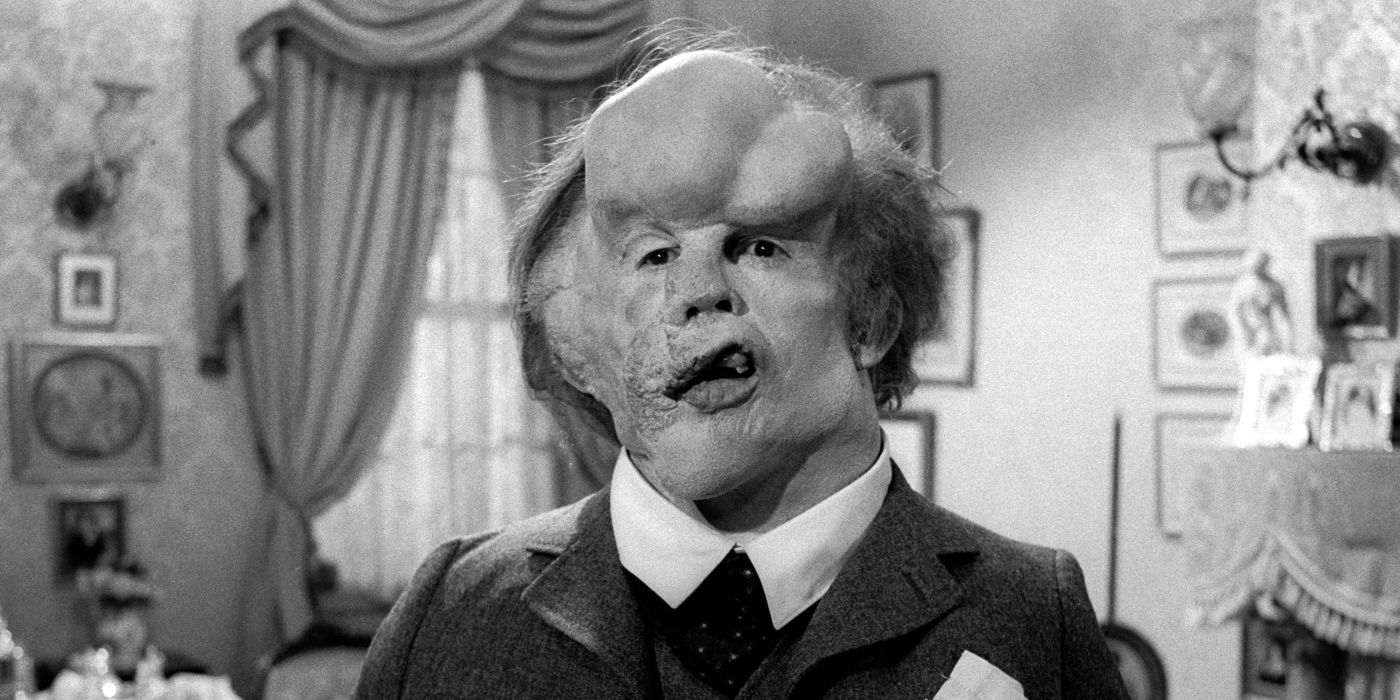
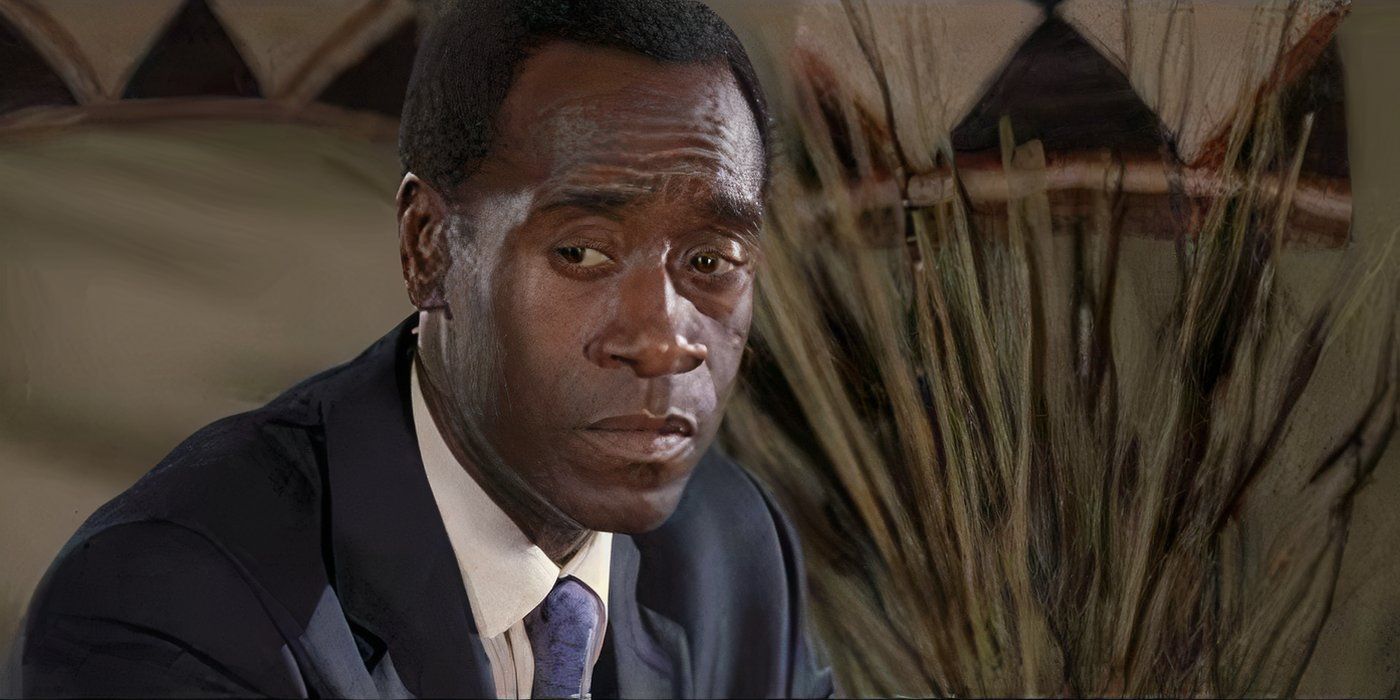
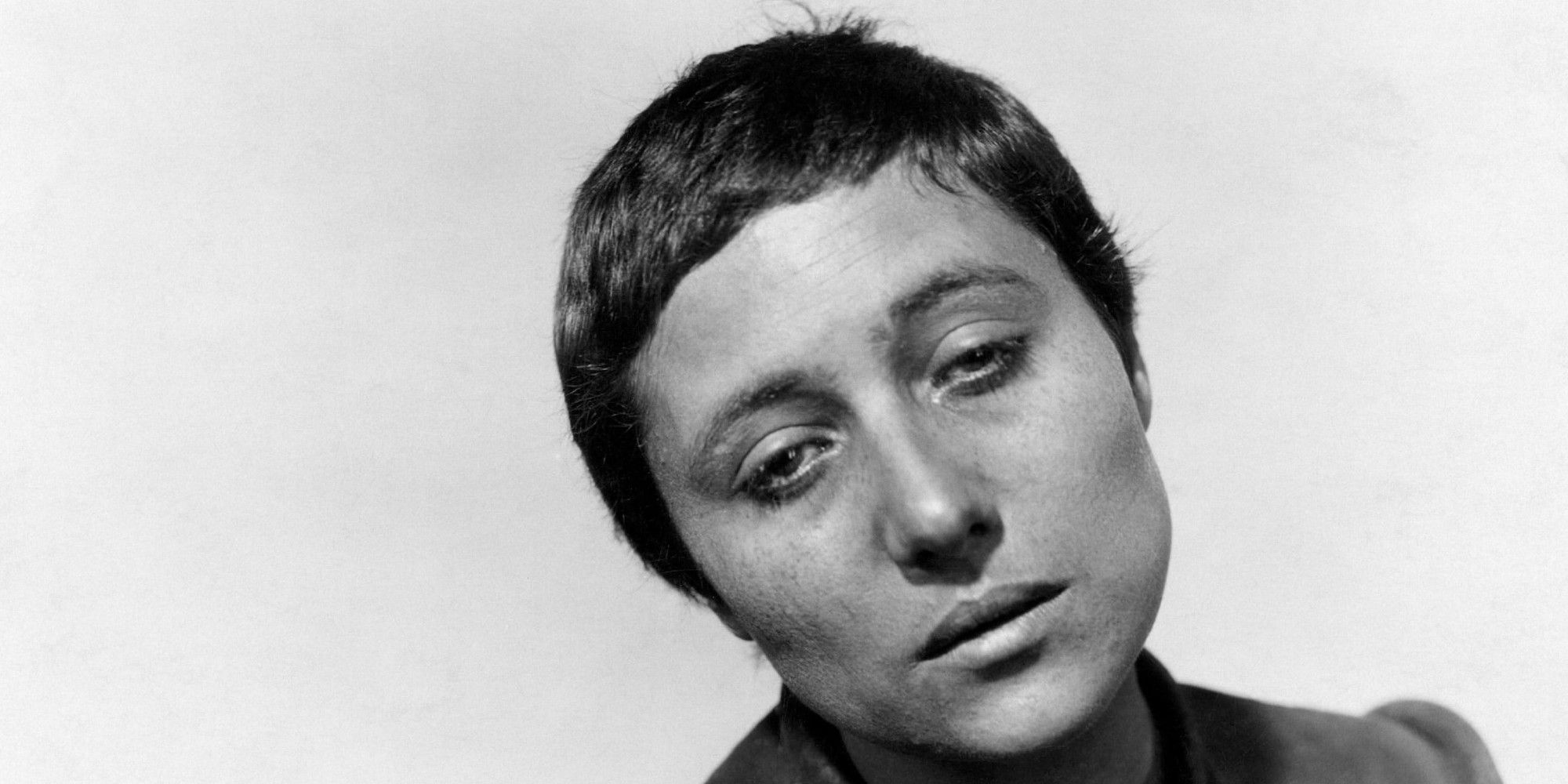
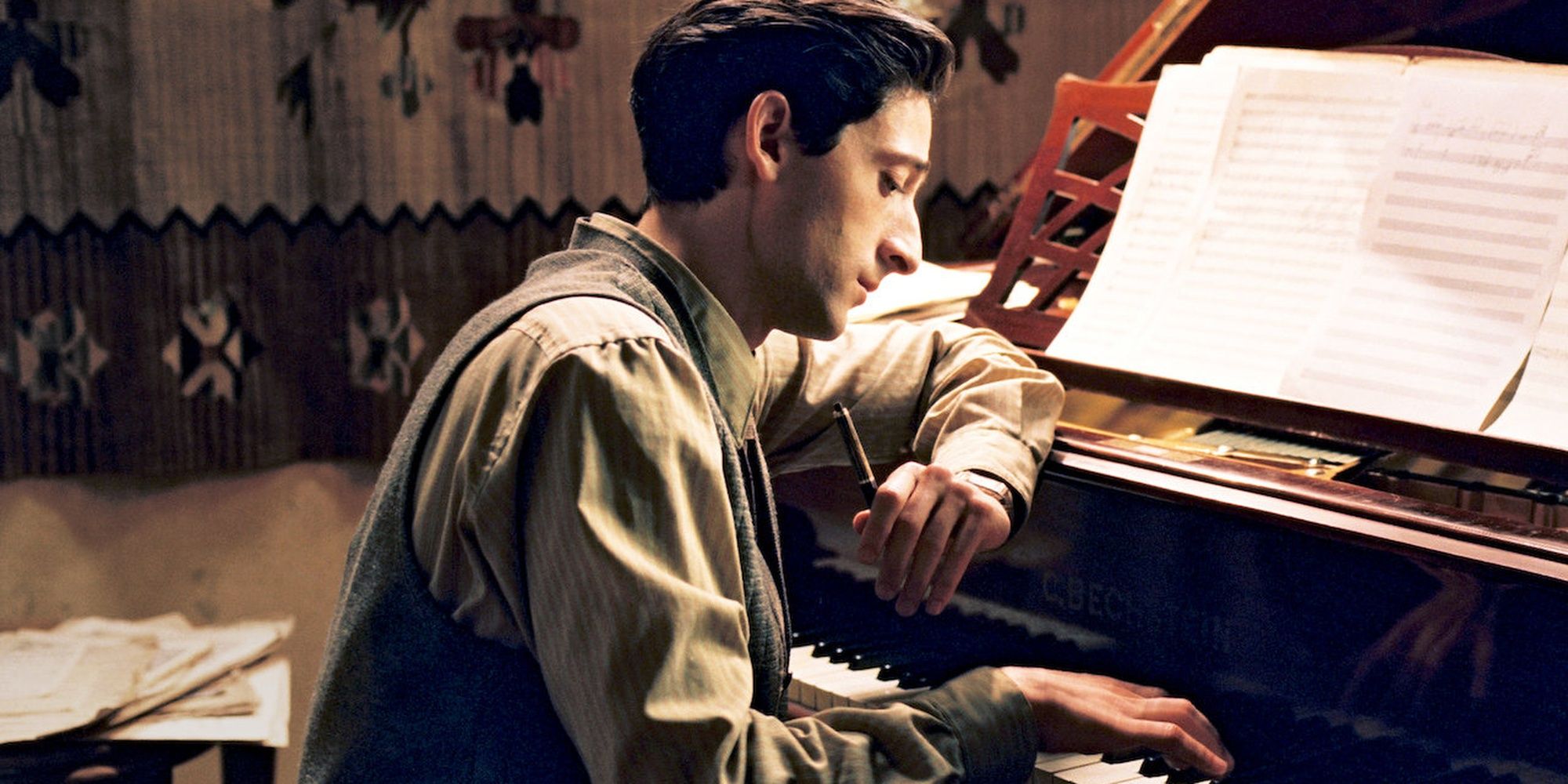
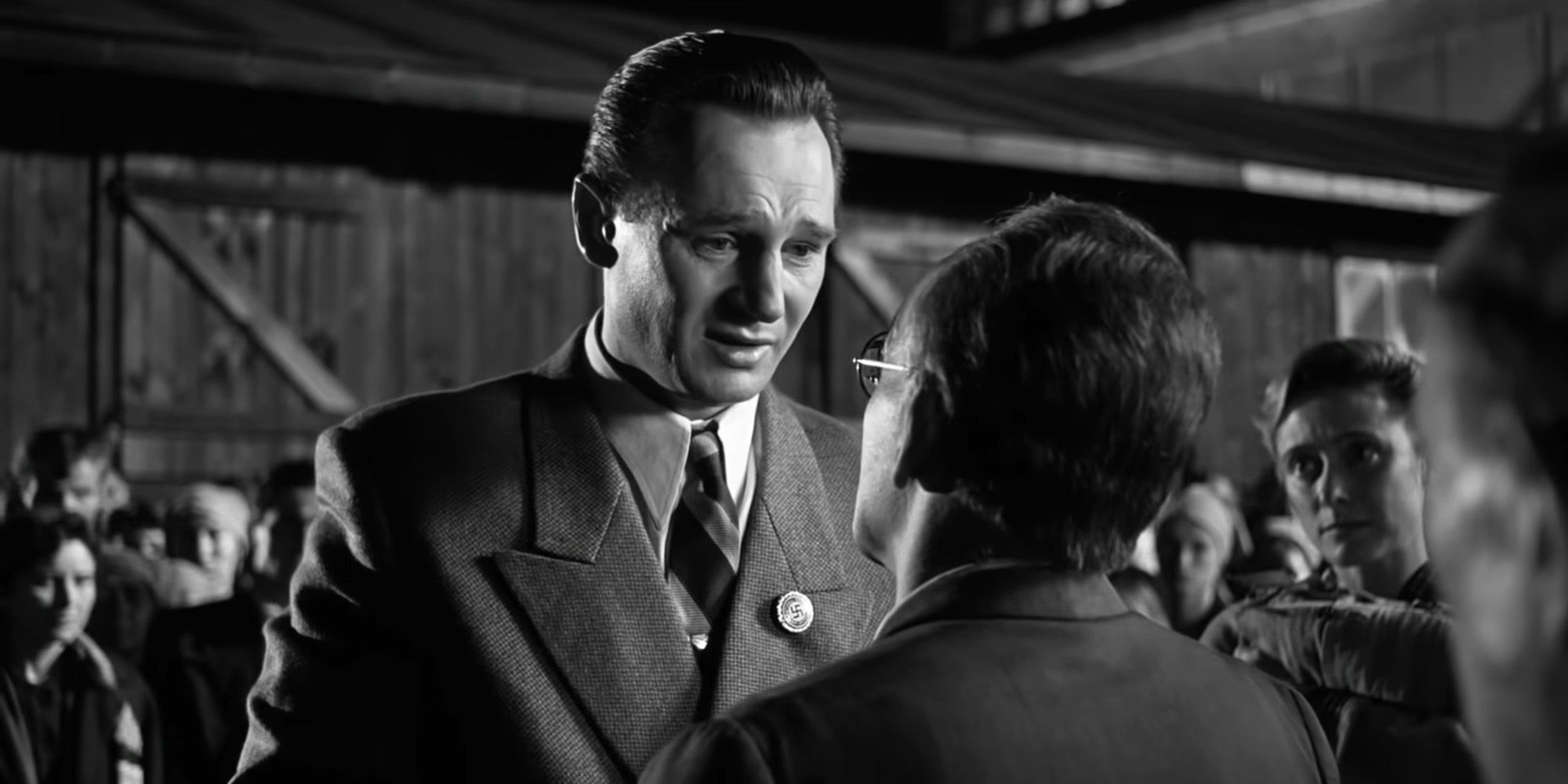
.jpg)


